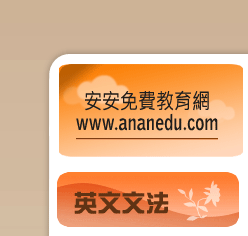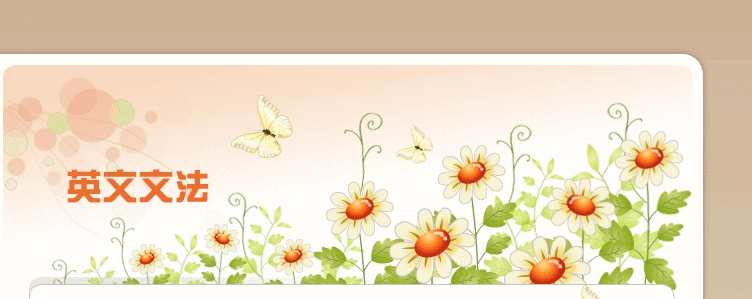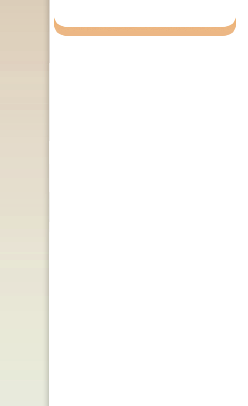本 單元診斷範圍為「直接問句」與「間接問句」的句型使用。本測驗共分成二個部份第一部分為單題式測驗,測驗學生是否了解這兩種句型在簡單句子中的使用;第二 部分為綜合式測驗,以測驗學生是否能整合應用於實際情境中。本單元後,均附有說明檔──「試題解析」,按相關連結後,即可了解正確用法。若有其它問題,請 按每頁所附 e-mail 信箱連絡。
第一部分:單題式選擇題
1. Peter: ?
Henry: He's my best friend, Jack.
(A) Who is he (B) How old is he (C) What is his name (D) Where is he from
2. Mary: Do you know ?
Diana: Yes. He is Bruce's classmate, Roger.
(A) who is he (B) who he is (C) who to ask
3. Arthur doesn't remember after he gets into the bookstore.
(A) what book will he buy (B) where could he park his car (C) what book he will buy (D) where he could park his car
4. Jimmy: Go and get two tickets first, or we can't see the movie.
Richard: Where the tickets?
Jimmy: Do you see the small office over there? You can get them there.
(A) I can get (B) can I get (C) I got (D) did I get
5. The door bell is ringing. Would you please go to see ?
(A) who it is (B) who is it (C) where does he go (D) where he goes
6. I've forgotten .
(A) which book mine is (B) which book is mine (C) how did I take it (D) how am I here
7. Have you understood to ask when you get there? Remember the one that wears a red jacket is the right one.
(A) when (B) whether (C) who (D) what
第二部分:整段式選擇題
Charles: Mom, the weather report says it will be a good and sunny day tomorrow. Can we go out for a picnic tomorrow?
Mom: It's a good idea. (1) ?
Charles: I'd like to go to Taroko National Park. I like the mountains and rivers there a lot. Can we?
Mom: Yes, I'd like to, too. But can you ask your father (2) ?
Charles goes to ask his father.
Charles: Dad, (3) any time tomorrow?
Dad: Yes. Is there anything I can do for you?
Charles: The weather will be fine tomorrow, and I'd like to have a picnic in Taroko National Park.
Dad: No problem. Have your mom told you (4) for tomorrow?
Charles: Not yet. But Mom always prepares a lot of things for it.
Dad: (5) ?
Charles: How about 9:00? We can have a nice sleep and easy time. Taroko isn't far from our home.
1. (A) How can we go there (B) How we can go there (C) Where would you like to go (D) Where you would like to go
2. (A) whether does he have time (B) whether he has time (C) what is he going to do (D) what he is going to do
3. (A) do you have (B) you have (C) if do you have (D) if you have
4. (A) what to buy (B) who to help (C) how to go (D) where to visit
5. (A) When will we start (B) Who will go with us (C) How will we go (D) Whether will it rain |








